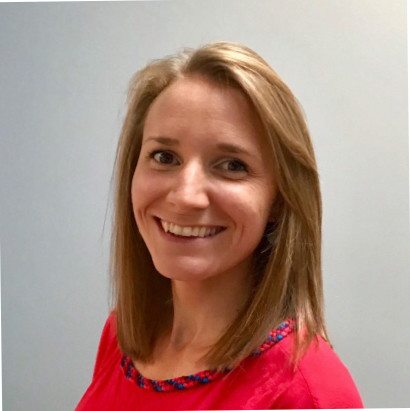Schools Already Recycle Thanks, Damian Hinds – Focus on School Recruitment Instead

Going plastic-free is a laudable aim for schools, says Gemma Hargraves – but perhaps the Education Secretary should be rethinking his priorities…

Dear Damian, thank you kindly for your suggestion that schools should go single-use plastic free by 2022 – how thoughtful of you.
Now, I’m the sort of teacher who litter picks for fun, so while I do appreciate the sentiment, I cannot help but wonder if you have seen the fantastic work educators are already doing to save the planet; reducing, reusing and recycling daily?
School corridors these days flow with teachers carrying reusable coffee cups (filled with beautiful caffeine to keep us going all day), and students using all manner of reusable and sustainable bottles.
We no longer thoughtlessly laminate all our displays, so that paper can be recycled, too. There are recycling bins in many classrooms, and house competitions to recycle the most. Competitive recycling! Imagine that.
Teachers may be drowning in marking, reports and ever changing exam specifications, but we use this as an opportunity to send now redundant textbooks to Sri Lanka and elsewhere, and we donate superfluous ICT equipment to schools overseas also.
We regularly donate to the food banks in towns across the country, and students even start their own campaigns, to end Period Poverty, for example.
I spent two days over Christmas at a charity wrapping station raising money for a homeless charity; there is need in every town, and teachers are standing up and giving their time to help. Are you?
Time and energy
We teachers donate our work wear to fantastic charities such as Smart Works, which provides job interview clothing and advice to women in need to help them gain or return to employment.
We donate bras to help women and children in Africa.
We encourage pupils to donate old sleeping bags from Duke of Edinburgh expeditions to other pupils in need, or homeless shelters – this is recycling, which has a real impact on communities.
What do you do with your old suits or warm jumpers?
This spring I’ll be giving my time to volunteer for Marie Curie and will then use my experience as a hook in history lessons; teaching pupils not only the content, but how to care for others and do their bit.
You’ll see me volunteering at sports events like parkrun at weekends, too; because sport is not just for PE teachers, and we all need to be role models.
Young people are welcome to volunteer as well as run, so what better way for them to get some fresh air and enjoy local green spaces, helping both the community and their wellbeing.
What are you doing this weekend Damian?
The human angle
So Damian, whilst I’m sure you never sip your drink through a plastic straw, or overfill your kettle – when was the last time you visited a food bank, or had a conversation with a homeless person?
Have you picked up any litter recently? These are things that the teachers I know do all the time.
Because whilst reducing single-use plastic is vital – and we could all do more – so too is helping the human beings who have been left behind.
As teachers, we are all trying to ensure that our students grow up to be responsible, and compassionate, with integrity, even if that is less headline grabbing than a plastic pledge.
And of course, our young people are a step ahead; they are the enlightened, social media savvy environmentalists who are already determined to lead us into a kinder and more sustainable future.
So while we appreciate the nudge, perhaps the DfE could focus on other things for the moment, like retaining teachers, for example – meaning that there might just be enough of us left by 2022 to see all those plastic-free schools.
Gemma Hargraves is a history teacher and head of year at a girls’ school in the Midlands.












